Climate Conversation Series
These seminars are part of the Climate Conversations series. If you would like alerts on upcoming events in this series, please sign up here.
Past seminars
The Climate State: Global warming, fiscal crisis and the future of the welfare state
When: 12:30-1:30pm Tuesday 28 November 2017
Where: Theatre 4, Alan Gilbert Building, Grattan Street, University of Melbourne
RSVP: cdenby@unimelb.edu.au
Non-climate-related fiscal challenges already confront many welfare states with difficult choices. To these pressures, one must add those generated by global warming. In this seminar, Peter Christoff will argue that this second group of challenges is inadequately recognized. Without such recognition and a precautionary response, the two sets of compounding pressures may significantly reorder the capacities and priorities of the welfare state. As a consequence a new state form – the climate state – may emerge.
Speaker: Associate Professor Peter Christoff
Negative Emissions: potentials and challenges
Tuesday 19 September 2017
Most proposals to limit global temperature rises to well below 2°C rely on ‘negative emissions’ – the removal of carbon from the atmosphere. Scenario analyses suggest that negative emissions technologies (NETs) are necessary to limit dangerous warming. In this seminar we wil explore three of these technologies: 1) Forest ecosystem restoration; 2) Bioenergy with Carbon Capture and Storage (BECCS); and 3) Soil carbon as mitigation.
Speakers: Kate Dooley, Nasim Pour and Rachelle Meyer.
Climate Action in the time of Trump
When: 12:30-2pm Tuesday 20 June 2017
Where: Japanese Room, Level 4, Melbourne School of Design, University of Melbourne
Register: www.climate-action-trump.eventbrite.com.au
As part of its Climate Conversations series, the Melbourne Sustainable Society Institute (MSSI) is pleased to co-host an upcoming conversation in partnership with Dumbo Feather magazine, discussing reflections from leaders at the forefront of the Australian climate advocacy movement. What makes them hopeful in the time of Trump? What have we learnt? Where to next? This conversation is part of Dumbo Feather’s upcoming special issue on climate change and the environment, co-edited by Anna Rose.
Speakers: Anna Rose – Author and Myer Foundation Innovation Fellow, Victoria McKenzie McHarg – President, Climate Action Network Australia, Kirsty Albion – National Director, Australian Youth Climate Coalition, Katerina Gaita –Founding Director, Climate for Change.
Climate and Culture
When: 12:30-1:30pm Tuesday 16 May 2017
Where: Japanese Room, Level 4, Melbourne School of Design, University of Melbourne
RSVP: cdenby@unimelb.edu.au
Guy Abrahams is Co-founder and CEO of CLIMARTE and Director of the Art+Environment consultancy. Guy is the instigator of ART + CLIMATE = CHANGE, a festival of climate change engaged art and ideas. In this seminar he will discuss how the creative power of the arts can inform, engage and motivate action on climate change and other sustainability issues. Undoubtedly, a rational and scientific engagement is vital to forming and enacting solutions to these challenges. But a cultural shift is also needed, and artists have the capacity to begin and reinforce this movement.
Speaker: Guy Abrahams, Co-founder and CEO of CLIMARTE and Director of the Art+Environment consultancy.
The rise and fall of climate action in British Columbia
Tuesday 21 March 2017
A lead sentence in the Throne Speech in British Columbia in 2008 was remarkable: “British Columbians are taking decisive action on climate change”. Legislation followed in short order that established, among other initiatives: North America’s first broad-spectrum, revenue-neutral, accelerating carbon-emissions tax; carbon neutral government; and a low-carbon fuel standard. These policies worked: emissions fell significantly relative to the rest of Canada thanks largely to the wise design of the carbon tax working in concert with other regulations. But the carbon tax was frozen in 2012 by a new Premier, and emissions are rising once again. Despite rhetoric to the contrary, British Columbia can no longer claim to be a climate-action leader, a conclusion supported by inadequacies inherent in BC’s “Climate Leadership Plan” released in August, 2016.
Speaker: Tom Pedersen, Professor of Paleoclimatology and Marine Geochemistry at the University of Victoria, Canada.
Why science isn’t the main issue in the climate change debate
Tuesday 29 November
This talk discusses aspects of the current climate change debate, focusing on key questions that are virtually never discussed. These questions relate to global population and its most desirable value for long-term sustainability of human civilization. A society seeking to reach the Earth’s maximum carrying capacity depends mostly on the advancement of technology to maximize the production of food, energy and other requirements. An optimal planetary population, however, depends strongly on human values that may not be closely related to scientific research, and the optimal population is almost certainly at odds with the notion that “bigger is better”. This reflects the somewhat well-known but under-appreciated concept of “tragedy of the commons” of which the current CO2 increase is one symptom. Sadly, none of these topics enters the current climate change discussion – for reasons that may or may not be apparent to many of us.
Speaker: Michael W. Douglas, University of Oklahoma, USA. He is an expert in Atmospheric Science & Meteorology, with 21 years experience as a research scientist with the National Severe Storms Laboratory (USA), with a focus on tropical weather and climate.
The Climate Change Authority’s recent report “Towards a climate policy toolkit:
Special Review of Australia’s climate goals and policies”
Tuesday 25 October
- View the slide presentation
- Climate Change Authority Special Review Third Report
- Minority Report by David Karoly and Clive Hamilton
After the release of the Climate Change Authority’s Report, for the first time two members, Prof David Karoly and Prof Clive Hamilton, published a minority report that criticized a number of the recommendations in the Report. David Karoly will present the recommendations from the Authority’s Report and then will change hats and present the recommendations from the minority report.
Speaker: Prof David Karoly.
Can we prevent bushfires? Issues and challenges
Tuesday 27 September
There is a trend for Australia’s 50,000 to 60,000 annual bushfires to increase in size, severity and intensity. The Climate Institute believes that with the current progress of climate change, Victoria could, on average, have a ‘Black Saturday’ level event every two or three years. Yet, as with many of our climate change responses, the response to bushfire is still operating in the old world paradigm. This is in terms of the scale of response, the ability to move from silos to an integrated response, the inclusiveness of the response, and the failure to utilize many possible preventative measures. This seminar suggests a new model of bushfire prevention as well as a discussion about how we can minimize the impact of those fires that occur.
Speakers: A/Prof Janet Stanley, A/Prof Alan March and Dr Paul Read.
Geoengineering and efforts to limit global warming to 1.5C
Tuesday 26 July
This conversation discussed some of the different types of geoengineering, the possible risks and benefits that may be associated with them, and the limits to current national and international governance of geoengineering. Can some forms of geoengineering be justified as having minimal risks? Is geoengineering the lesser of two evils? And what is at stake if geoengineering is embarked upon?
Speakers: Prof David Karoly, Dr Jeremy Baskin and Anita Talberg
The Climate Change Election?!
Implications for future Australian climate change policy and strategy
Tuesday 28 June
This forum explored:
- the extent to which climate change action has - or has not - played a key role in the 2016 Federal election;
- the strengths and weaknesses of the climate change and energy policies proposed by parties contesting this election;
- the implications of potential election outcomes for future climate change policy options and actions.
The panel included Tom Arup, former Environment and Federal Politics Reporter of The Age; Prof. Robyn Eckersley, School of Social and Political Sciences; Erwin Jackson, Deputy Director of The Climate Institute; and Victoria McKenzie-McHarg, Climate Campaign Manager, Australian Conservation Foundation and Director, Climate Action Network Australia.
Developing Countries Key to a 1.5C Paris Agreement
Tuesday 17 May
This presentation is based on the MSSI briefing paper series. The series examines the climate policies and climate diplomacy of some of the key developing countries important to the effective implementation of the Paris Agreement. Prof Don Henry will discuss the past and future application of this body of work. Dr Ben Parr will discuss the policy and political directions of China and India ( as 'transitioning countries'), as well as Brazil and The Philippines (as 'cross-road countries').
The 2015/16 El Niño and its impacts globally and in Australia
Tuesday 19 April
- View slide (1 of 2) presentation from Prof David Karoly
- View slide (2 of 2) presentation from Prof David Karoly
- View slide presentation from Prof Richard Eckard
The 2015/16 El Niño was the second strongest over the last 100 years, after the 1997/98 event. However, the 1997/98 event had relatively weak impacts in Australia. Prof David Karoly will discuss the evolution of the 2015 El Niño and its climatic impacts globally and in Australia. Prof Richard Eckard will discuss the agricultural impacts of the event across Australia.
Paris and Beyond: key outcomes from the 2015 Paris climate summit - and implications for climate research and policy priorities
The focus of our first 2016 Climate Conversations, was to reflect on the outcomes of the Paris conference and to dissect what was really achieved, what it means for Australia and the world, and how to progress from here. The expert panel consisted of four MSSI members, all of whom were on the ground in Paris, representing the University of Melbourne: Peter Christoff, Robyn Eckersley, Cathy Alexander and Don Henry.
Climate Change and Global Health: risks and responses
Tuesday 15 September 2015
Climate Change is one of the greatest global health threats to Global Health and also one of the greatest opportunities. The public health case for climate change mitigation is one of the most powerful arguments for global action. The health sector has a unique perspective to bring to climate change discourse, from conceptual through to practical contributions to this most necessary and urgent societal transformation. A/Prof Grant Blashki is an Associate Professor in Global Health at the Nossal Institute for Global Health. His research foci are climate change and health, primary health care and mental health care.
Download: The Lancet Commissions' 2015 Report on Climate Change and Health
Climate Change and Political Inertia: The Social Sciences in Search of an Explanation
Tuesday 18 August 2015
Why have societies and the international community been unable thus far to rise to a challenge that seems certain to determine the human future? This talk will examine various competitive or overlapping explanations—including the rise and impact of organised denialism; the evolutionary unfitness of the human mind for a problem of this nature; unprecedented in history; climate change as a problem beyond the capacity of both the standard democratic political systems and the existing international order; the nature of ‘’really existing capitalism’’; the nature of industrial society. Robert Manne is Emeritus Professor, a Vice-Chancellor’s Fellow and Convenor of the Ideas & Society Program at La Trobe University.
Agriculture for climate sustainability and food security
Tuesday 16 June 2015
Agriculture faces a confluence of pressures in the coming years. To feed a growing world population we will need 70% more food by 2050. However, in the absence of adaptation, up to 25% of the world’s food production potential may be lost by 2050 due to environmental breakdown, largely due to climate change. While agriculture is vulnerable to climate change, it is also a significant contributor producing around 14% of global anthropogenic greenhouse gas emissions, with another 7-14% potentially attributable due to deforestation linked to food production. In this presentation Associate Professor Richard Eckard discussed the challenges facing agriculture, in the context of climate change and food security, including the proposed global frameworks to address these challenges.
Setting national emission targets: a how-to guide
Tuesday 19 May 2015
In this seminar, Kath Rowley, General Manager of Reviews at the Climate Change Authority, discussed the Authority’s approach to this difficult task. Drawing on the Authority’s major 2014 report the Targets and Progress Review (which recommended a set of short, medium and long term goals, including a 2020 target of 19% below 2000 levels) and latest draft report (which recommended a target of 30% below 2000 levels by 2025), Kath outlined some of the key considerations, evidence and trade-offs involved.
- View the slide presentation
International Climate Policy on the Road to Paris
Tuesday 21 April 2015
This Seminar by Dr Ian Fry shed a spotlight on the international climate negotiations in the run-up to Paris. Dr Ian Fry, is one of the most experienced negotiators within the UNFCCC climate negotiations.
- View the slide presentation
Paris and Beyond: 2015 climate change challenges and priorities
Tuesday 17 March 2015
This panel discussion focused on the significance of the climate negotiations in the lead up to the 21st Conference of Parties (COP21) in Paris later this year; the emissions reduction targets which need to be addressed; and the broader range of policies and actions that need to be considered before, during and after COP21.
This seminar series is also supported by the Australian-German Climate & Energy College
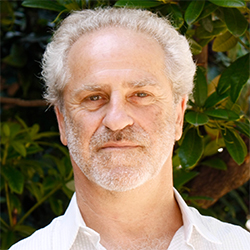
A/Prof Peter Christoff
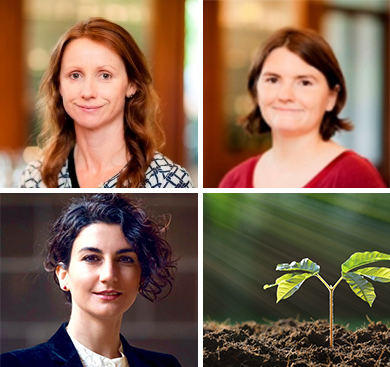
Kate Dooley, Rachelle Meyer, Nasim Pour.
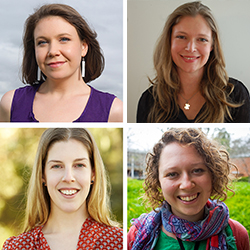
Anna Rose, Katerina Gaita, Victoria McKenzie McHarg, Kirsty Albion.

Guy Abrahams
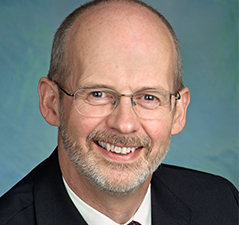
Professor Tom Pedersen

Michael W. Douglas
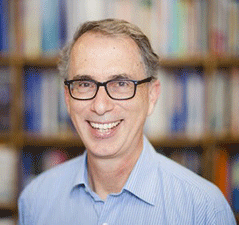
Prof David Karoly
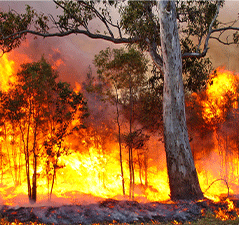

Anita Talberg, David Karoly, Jeremy Baskin
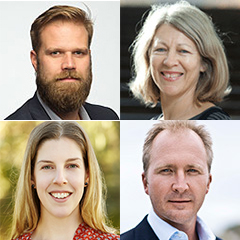
Tom Arup, Robyn Eckersley, Victoria McKenzie-McHarg and Erwin Jackson
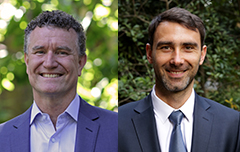
Don Henry and Ben Parr

Richard Eckard and David Karoly
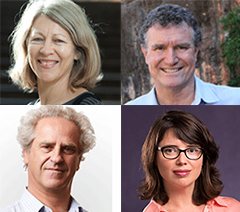
Robyn Eckersley, Don Henry, Peter Christoff and Cathy Alexander
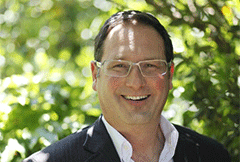
Grant Blashki
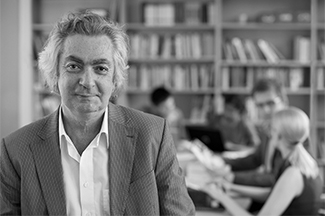
Robert Manne
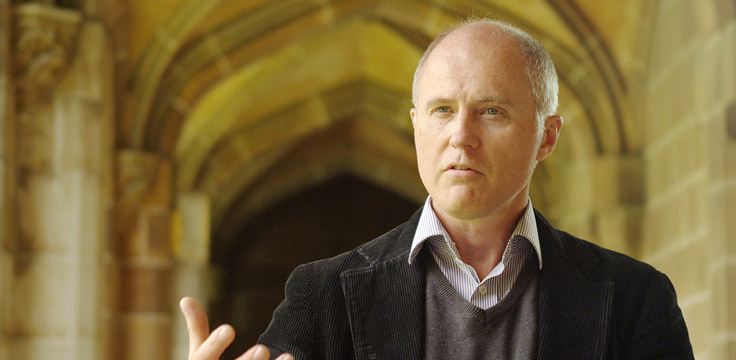
Richard Eckard
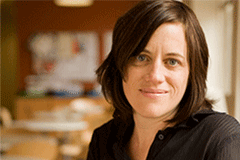
Kath Rowley

Ian Fry
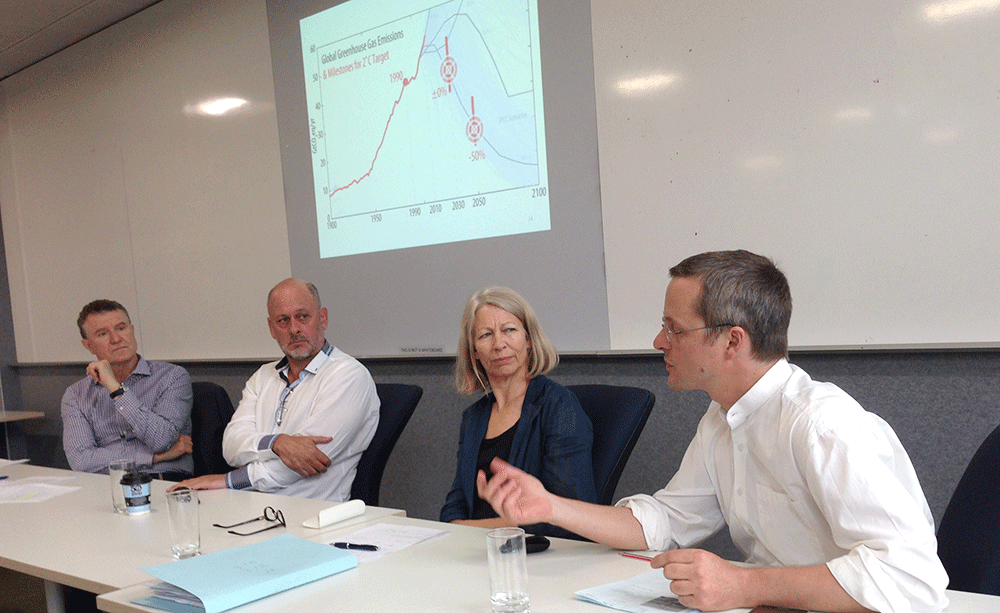
Don Henry, Tim Flannery, Robyn Eckersley and Malte Meinshausen
